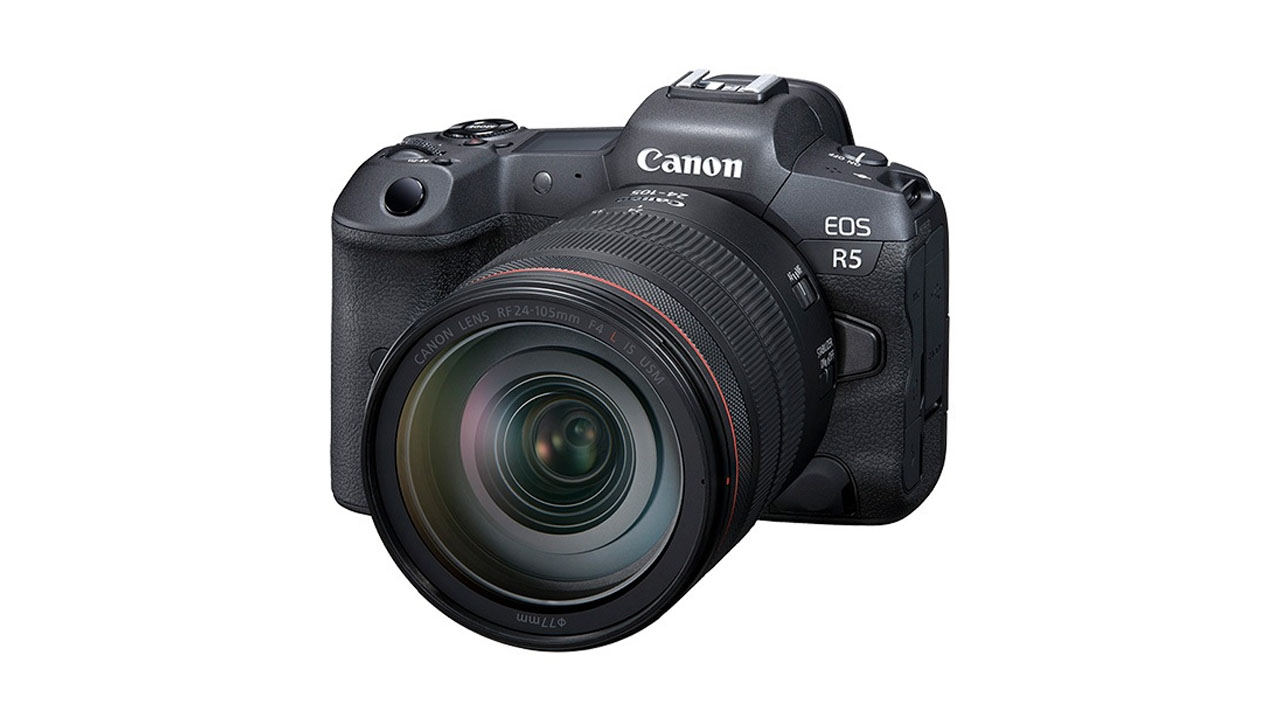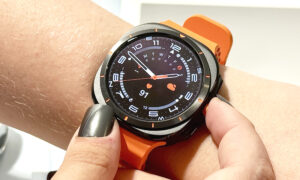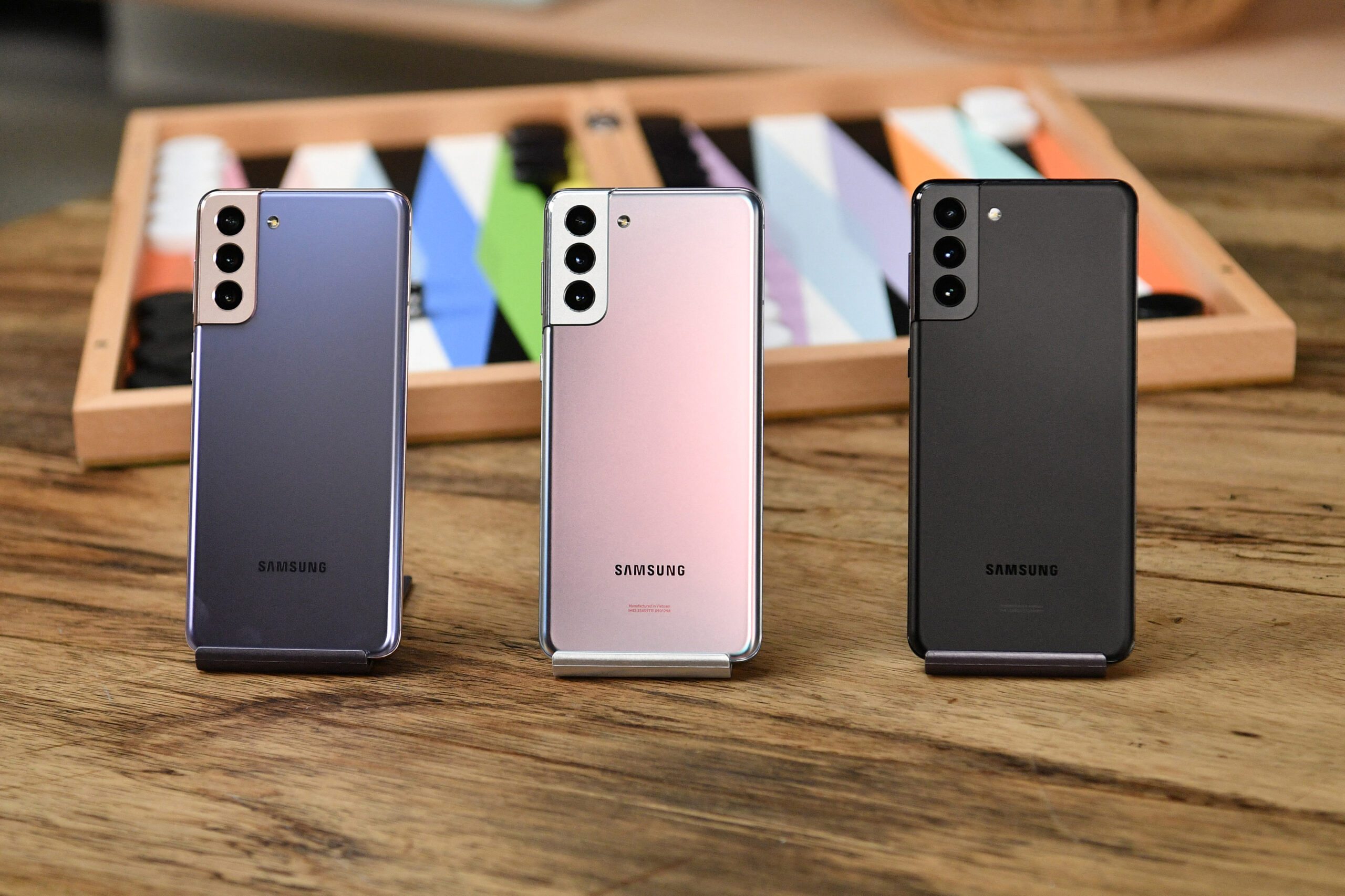Canon announced that it is developing a full-frame micro-camera EOS R3. The camera uses a newly developed full-frame 35mm stacked back-illuminated CMOS sensor and digital image processor X-DIGIC. The product follows the operability of the EOS-1 series, such as dust and water-resistant performance, the fuselage integrates a vertical handle and supports the new Mobile File Transfer
Canon official said, “in the EOS-1 series represented by the flagship digital SLR camera EOS-1D X Mark III (launched in February 2020) and the full-frame micro camera EOS R5 (launched in July 2020) as the representative In addition to the EOS 5 series, Canon plans to launch EOS R3 as a new camera series to provide professional photographers and advanced photography enthusiasts with professional-level cameras to capture photos and videos including moving subjects“.
Moreover, EOS R3 is the first EOS series camera equipped with Canon’s newly developed 35mm full-frame back-illuminated stacked CMOS image sensor, which can achieve high-speed reading. The camera is also equipped with a DIGIC X digital image processor for high-speed image processing. When the electronic shutter is used, high-speed continuous shooting of up to 30 frames per second can be achieved under AF/AE tracking. The electronic shutter can take still photos with lower distortion.

At the same time, combined with the full-pixel dual-core CMOS AF function that has both imaging and phase difference autofocus functions for each pixel, EOS R3 can provide high-speed, high-precision, wide-range autofocus, and enhance the algorithm through deep learning technology to improve The head and eyes detection function, and has a new function of body detection. EOS R3’s autofocus system can also provide high-performance subject tracking in portrait photography and scenes where subjects are frequently moving.
According to reports, EOS R3 is equipped with an eye-controlled focusing function for the first time in Canon digital cameras. When shooting a still image, by detecting the movement of the pupil looking at the viewfinder, wherever the photographer looks, the AF point moves to wherever the photographer is looking, realizing quick and effective switching between multiple subjects.
|VIA|














